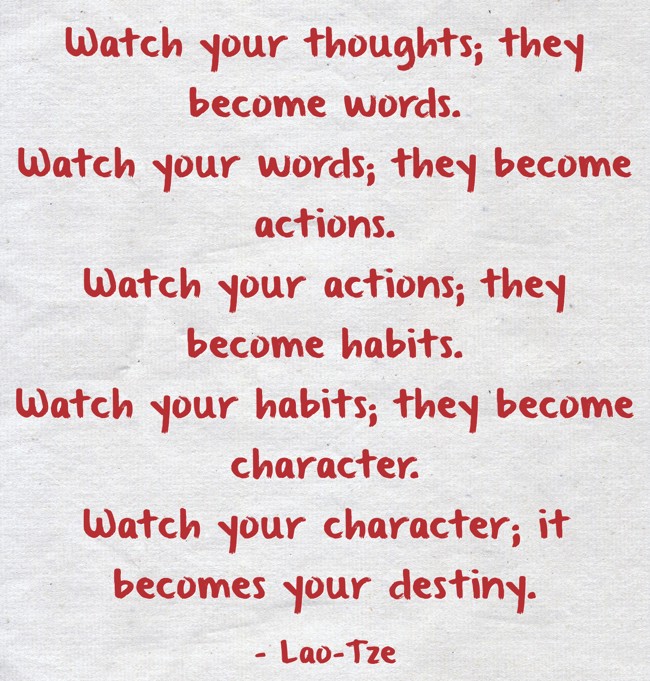
Your word choice influences how you lead your team. There are other expressions that have multi-layered meanings that you may not always consider but they do impact your perception of how business gets done. If you hear this expression enough, you may subconsciously decide that responsibility is too risky and pass on being a leader. Most organizations encourage leadership, responsibility, and accountability, but this expression implies that grave consequences come with that. The expression implies that someone could be “choked” for a mistake. One expression I find troubling is “throat to choke,” or identifying a single entity to be responsible for a project. But the phrase sums up a marketer’s perception of content – thoughts are consumable, like food and information can be transformed into something ad-like. This phrase makes no sense outside of marketing – you can’t eat content. In marketing the latest buzzword is “snackable content,” or information that can quickly be read, understood and shared. But this jargon comes with some nuances that the members who use it don’t consciously realize exist. Those who know what certain phrases mean form a “club,” where membership requires knowing the definitions. Your subconsicous looks for traits in others that you believe are true to validate your defined reality – or, you look for people to be untrustworthyĪt work, many of us use jargon. But jargon can be alienating to people who don’t understand it.You attract what you think about ( Law of Attraction).If you describe people as untrustworthy, you will believe people are untrustworthy, and therefore be around people who are untrustworthy. Perceptions are reality, and generally this is true. It was a presentation by Ken Tabor about Lao Tzu and the Tao Te Ching. It was an informative night, but one presentation left a proufound impact. It was a lightening talk event – 20 slides presented in about 5 minutes.


Watch your thoughts they become words frank outlaw professional#
Watch your character, for it becomes your destiny.Ī few weeks ago, I was at a user experience professional event in Dallas. Watch your habits, for they become character. Watch your actions, for they become habits. Watch your words, for they become actions. Watch your thoughts, for they become words. Mary takes it to a whole new level, and helps us understand the importance of our words. This type of wordplay will be discussed further below.What if everything you said mattered? Would you speak differently? Most of us would. The initial letters can be arranged to spell the repeated focal term: w, a, t, c, h. Consider five of the key words in the saying: words, actions, thoughts, character, and habits. One interesting property that is shared between the modern expression and several precursor sayings involves wordplay. QI believes that this saying evolved over many decades. Watch your character, for it becomes your destiny.” Watch your habits, they become character supermarket chain called Bi-Lo: 1977 May 18, San Antonio Light, What They’re Saying, Quote -B (NArch ), Column 4, San Antonio, Texas. The saying was ascribed to the creator of a successful U.S. Quote Investigator: The earliest evidence of a closely matching expression located by QI was published in a Texas newspaper feature called “What They’re Saying” in May 1977. Character is everything.Ĭan you sort out this confusing situation?

Ralph Waldo Emerson? Lao Tzu? Frank Outlaw? Gautama Buddha? Bishop Beckwaith? Father of Margaret Thatcher?ĭear Quote Investigator: What do the following people have in common: Transcendentalist Ralph Waldo Emerson, Chinese philosopher Lao Tzu, supermarket magnate Frank Outlaw, spiritual teacher Gautama Buddha, and the father of Margaret Thatcher? Each one of these individuals has been credited with versions of the following quote:


 0 kommentar(er)
0 kommentar(er)
